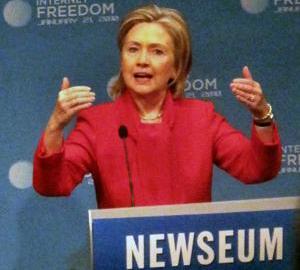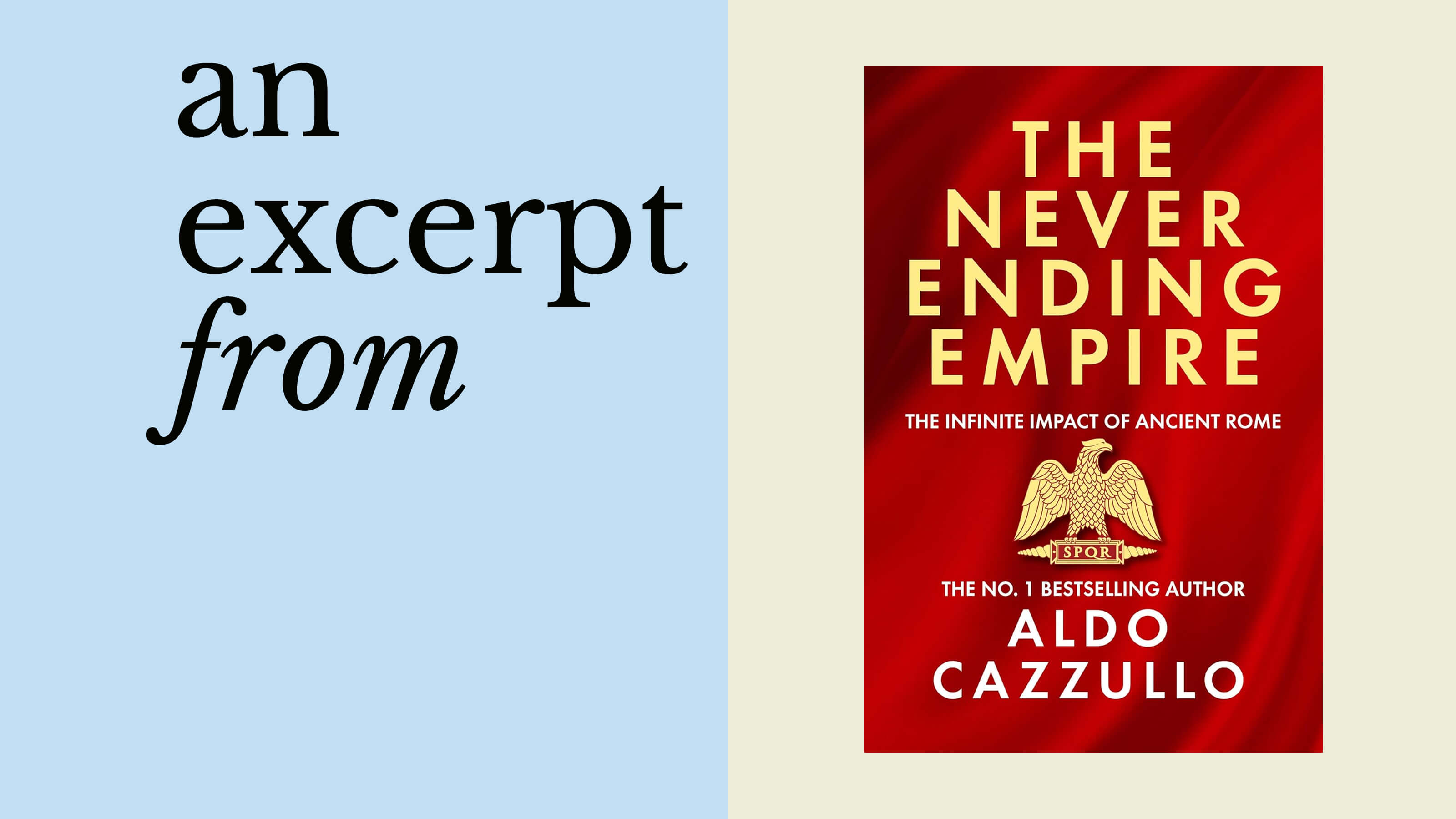Clinton Promises to Foment Foreign Revolutions Via Internet

Now that the dust is settling around the Berlin Wall metaphor which Hillary Clinton made during her major address last Friday on the Internet, let’s have a look at the speech more as a whole. Secretary Clinton also directed human rights criticism toward China which gripped headlines and commentators more than substance of the speech, which was about the potential of the Internet and what direction it is taking us in.
Certainly a topical feature of the Internet, and evidence of the tired claim that it speeds communication, was its role in raising over $25 million via text messages in the United States for victims of the Haitian earthquake. The U.S. State Department coordinated the donation scheme which allowed people to donate a nominal sum of $10 very simply by sending a text.
This is obviously a good use of the internet. Naturally there are more nefarious uses. Secretary Clinton compared the Internet to steel which can be used to build a hospital or a machine gun and to nuclear power which can power a city or destroy it.
At one point in her speech, Secretary Clinton defined a new freedom created by the Internet: the freedom to connect. If people have the right to express themselves freely, which is the idea anyway, then that right naturally must extend to the Internet, a virtual place for virtual speech and virtual assembly. Problem is, such freedom facilitates child porn, identity theft, terrorist communication, and so on. So what’s a nation to do?
Generally, we prefer freedom despite it giving people the opportunity to do stupid, ignorant things. The U.S. apparently prefers it so much that it plans to use the Internet to foment revolution in countries without freedoms like its own. Clinton said:
We are also supporting the development of new tools that enable citizens to exercise their rights of free expression by circumventing politically motivated censorship. We are providing funds to groups around the world to make sure that those tools get to the people who need them in local languages, and with the training they need to access the Internet safely. The United States has been assisting in these efforts for some time, with a focus on implementing these programs as efficiently and effectively as possible. Both the American people and nations that censor the Internet should understand that our government is committed to helping promote Internet freedom.
Clinton was careful to advocate One Internet, a global network without boundaries or borders. Without such a conception of the Internet—even though each country has its own internet webpage suffixes (.com, .co.uk, .es, .fr and so on) and therefore its own indexing rules determining which information is more available than others—it seems Clinton’s remarks would violate the sovereignty of foreign governments. In a sense, Secretary Clinton envisions the Internet as a place to enact U.S. foreign policy free from bothersome barriers like national boundary lines and the laws that support their existence.





